Check out these amazing hotel deals!
- Save up to 30% on your hotel in Hawaii!
- Last-minute holiday hotel deals
- Top hotel deals for a new year trip
- Visiting Paris? Find the Best Deals & Reviews at TripAdvisor.
- Save 30% on hotels in Ocean City, Maryland...a TripAdvisor Top 10 Summer Destination!
- Save up to 30% on your hotel on your Winter Vacation!
- Find top-rated hotels at the lowest prices on TripAdvisor. Check rates now!
- Save up to 30% on hotels for a romantic getaway!!
There are large areas in the world considered “cold deserts”. They are certainly fascinating places but also places where it’s difficult, if not impossible, to stay for a long time. But what “cold desert” mean? And, which are the largest cold deserts in the world? Let’s find this out together!
What Does Cold Desert Mean?
When one speaks of “desert”, enormous dry areas, such as those of the Sahara in North Africa, usually come to mind. However, “desert” is any large area without rainfall, uncultivated, and uninhabited, and can be found both in hot and cold climates. Some of the coldest areas in the world are considered “cold deserts”. Now, let’s see which they are.
10. Namib Desert – 80,900 km2
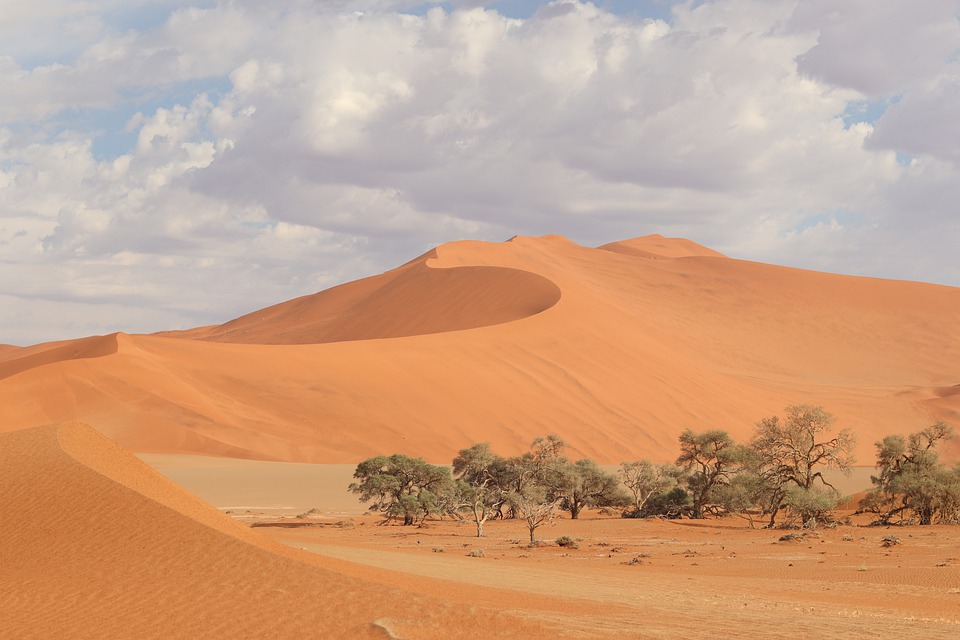
Located in southern Africa, the Namib Desert is known for its cold temperatures caused by the Benguela Current, favored by its location along the coast. This cold desert is also known for its strong winds which lead to incredible sandstorms that are the reason for numerous shipwrecks.
9. Taklamakan Desert – 270,000 km2
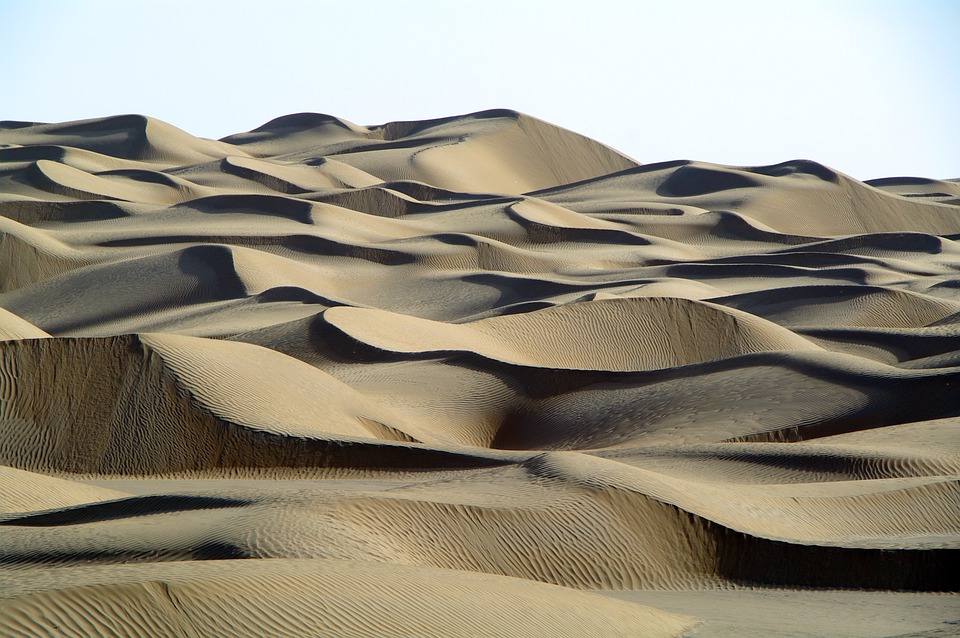
A Central Asian desert, located in the western part of China. Due to being located in the shadow of the Himalayas pluviometric, this desert is subjected to Siberian influences and winter temperatures can get as low as to -26°C. During many winters, there was also deposition of a layer of frozen snow with a maximum thickness of 4 cm.
8. Kizilkum Desert – 300.000 km2
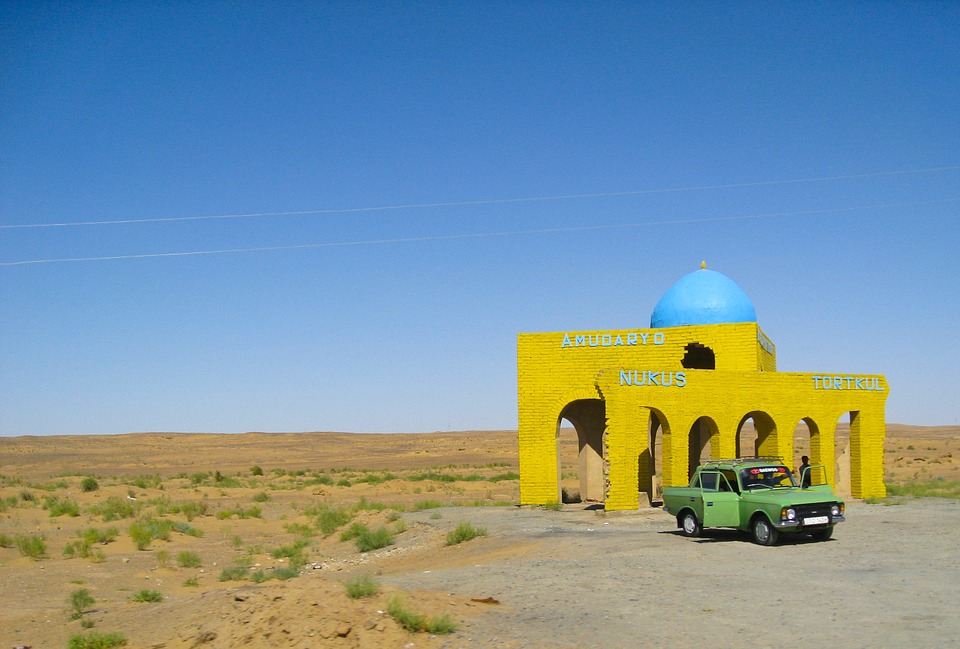
It is a very vast cold desert which is located between Kazakhstan, Turkmenistan, and Uzbekistan, in Central Asia. With very severe winters, during the period from mid-May to mid-September, the temperatures can reach up to 50°C.
7. Colorado Plateau – 337,000 km2
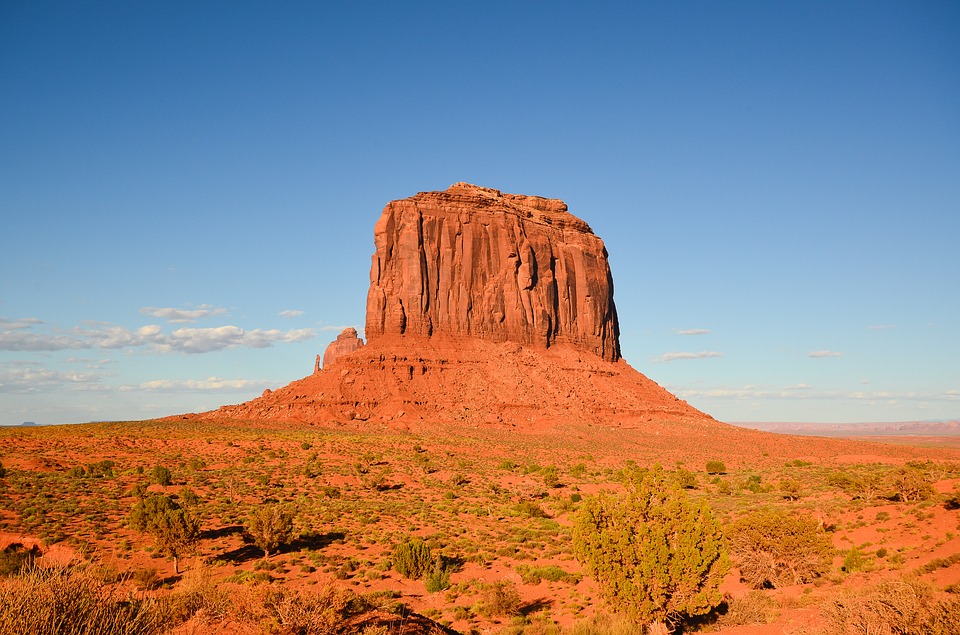
This vast plateau, crossed by the Colorado River and its tributaries, is located in the southwest of the United States and touches Utah, Arizona, New Mexico, and Colorado. The sight is impressive: the various rivers have carved deep canyons into the rocks, the most famous of which is the Grand Canyon. The driest area is often hit by hurricanes.
6. Karakum Desert – 350,000 km2
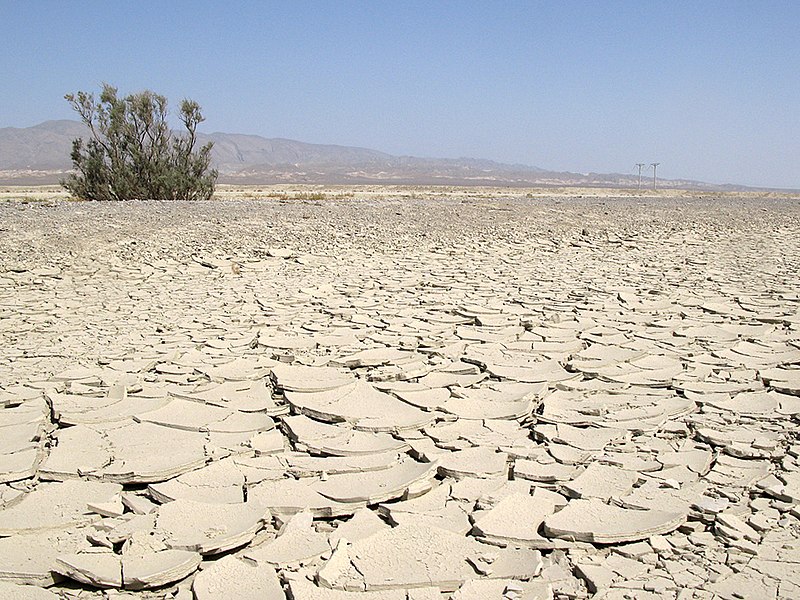
This desert is located in Central Asia, in the Turkmenistan area. Very characteristic are the takyrs, large basins separated by dunes created by winds. Vegetation is very limited and the desert is known for the gate to hell, a huge hole made by man in 1971 to find oil. In January, temperatures can reach – 20°C.
5. Patagonian Desert – 673,000 km2
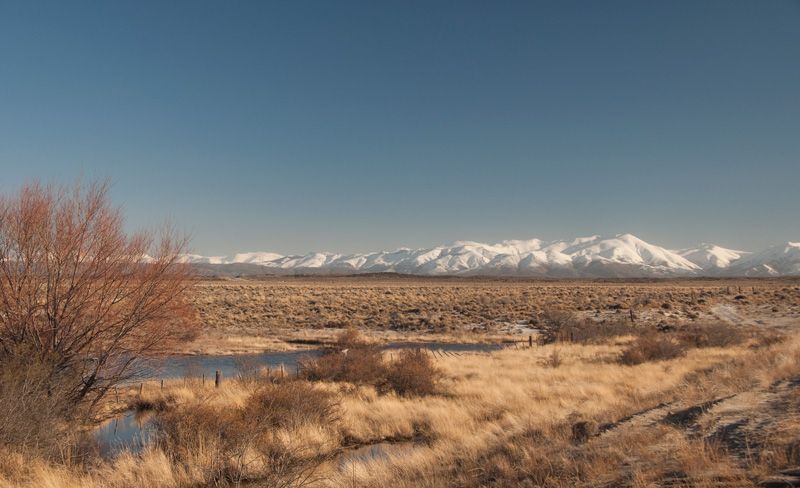
The Patagonian Desert is the largest in the entire American continent and is mainly found in Argentina, Patagonia, and Chile. The temperature never goes over 12°C and the annual average is 3°C. There are frequent frosts but, due to drought, snowfalls are very scarce.
4. Greenland – 974,000 km2
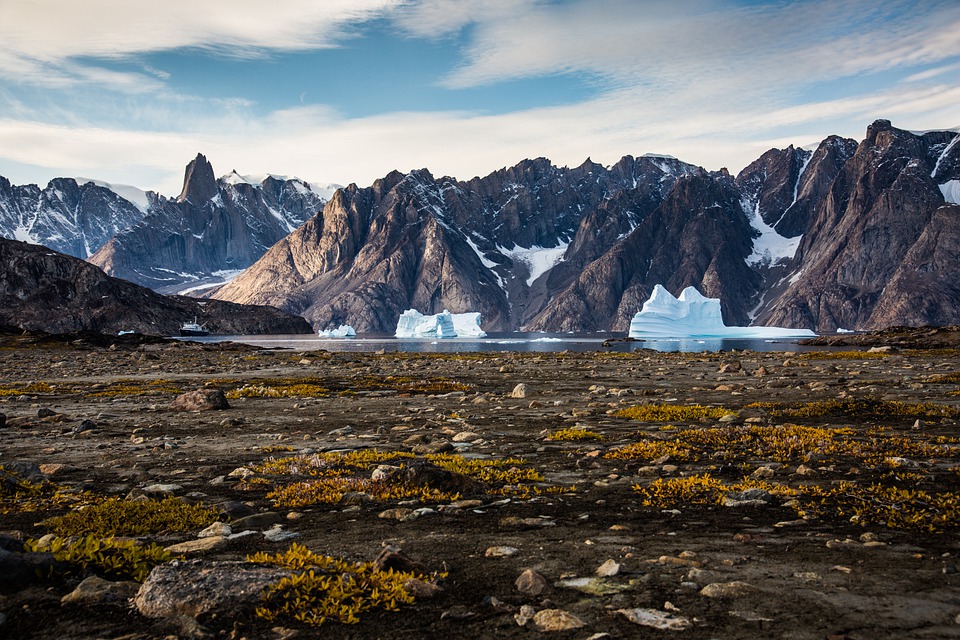
Greenland is known for being one of the largest and coldest desert areas in the world. In particular, the Northeast Greenland National Park, which covers about 45% of the island’s surface, has temperatures reaching -50°C, which is why the area is totally uninhabited.
3. Gobi Desert – 1,300,000 km2
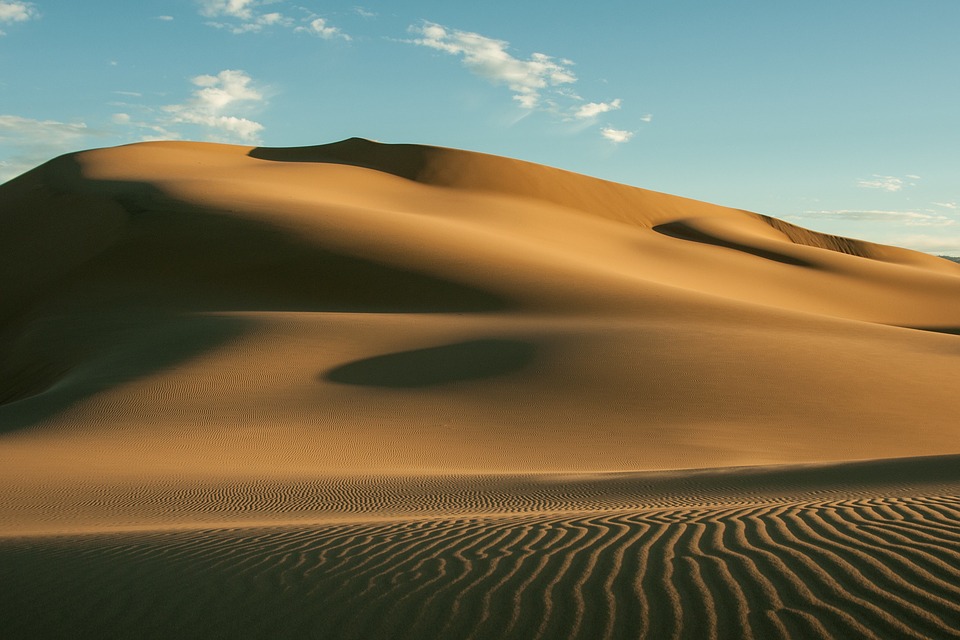
Located in Asia, the Gobi Desert covers the north and northwest of China and a portion of Mongolia. Due to being found on top of a plateau, the high altitude leads to very low temperatures – as low as -40°C at night.
2. Arctic – 13,700,000 km2
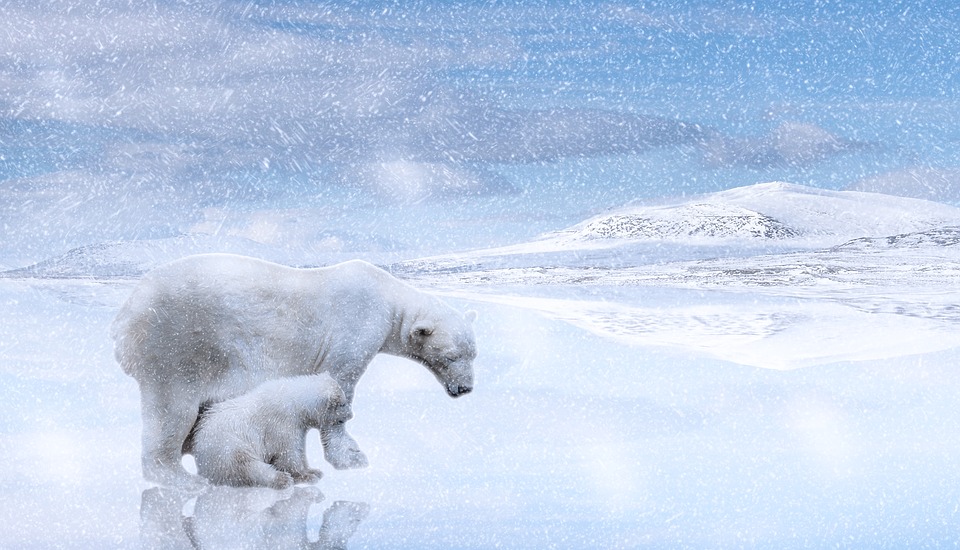
Much more than cold: the Arctic, together with Antarctica, is one of the polar areas of the Earth. It doesn’t have a well-defined extension as it includes various areas of some continents. The Arctic is the region of the land surrounding the North Pole, with winter temperatures dropping to -58 °C.
1. Antarctica, 13,829,430 km2
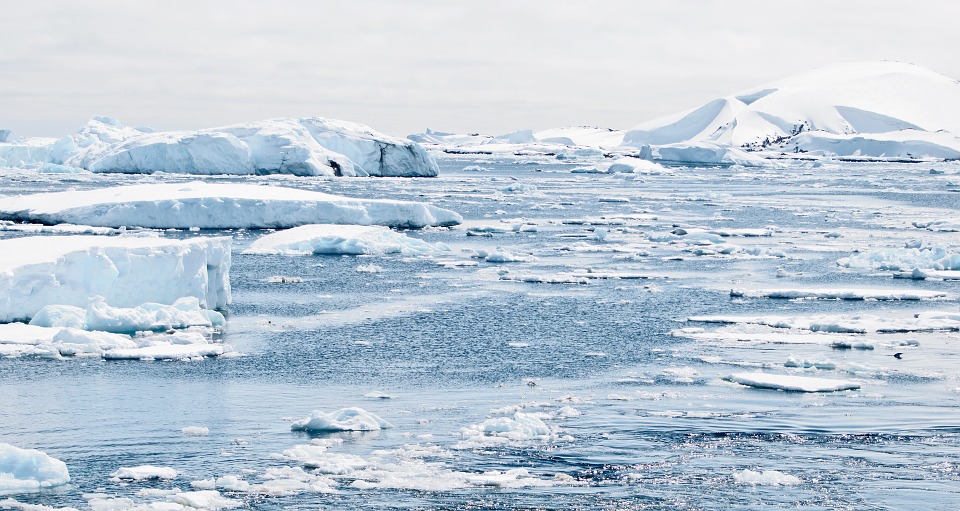
Antarctica, a region opposed to the Arctic, including the seas and land surrounding the South Pole, wins the ranking of the coldest deserts in the world. 98% of the land is covered by ice from the Antarctic ice sheet. The minimum temperatures reach up to -50 °C and in 2010, between the Dome Argus and the Dome Fuji, a temperature of -93.2°C was recorded.
Check out these amazing hotel deals!
- Save up to 30% on your hotel in Hawaii!
- Last-minute holiday hotel deals
- Top hotel deals for a new year trip
- Visiting Paris? Find the Best Deals & Reviews at TripAdvisor.
- Save 30% on hotels in Ocean City, Maryland...a TripAdvisor Top 10 Summer Destination!
- Save up to 30% on your hotel on your Winter Vacation!
- Find top-rated hotels at the lowest prices on TripAdvisor. Check rates now!
- Save up to 30% on hotels for a romantic getaway!!
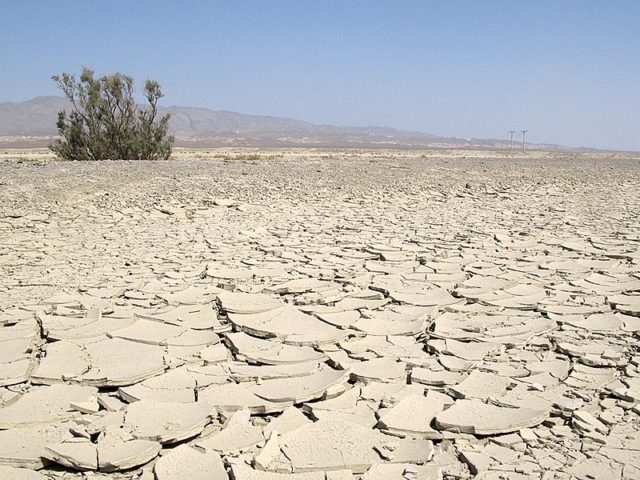
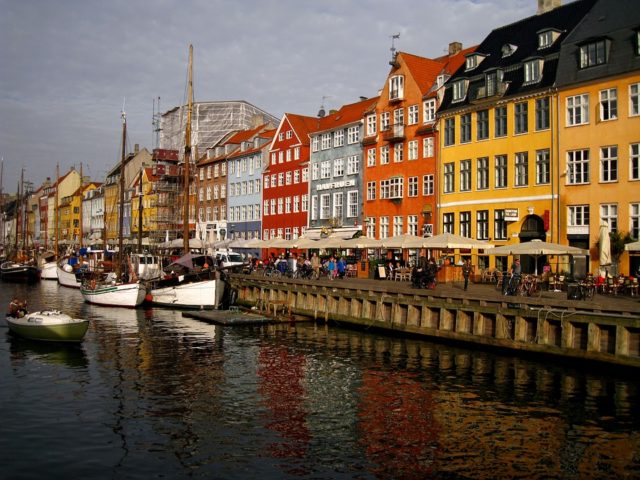



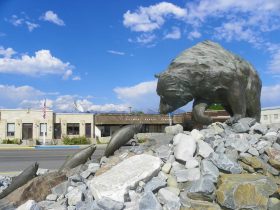
Find Us on Socials